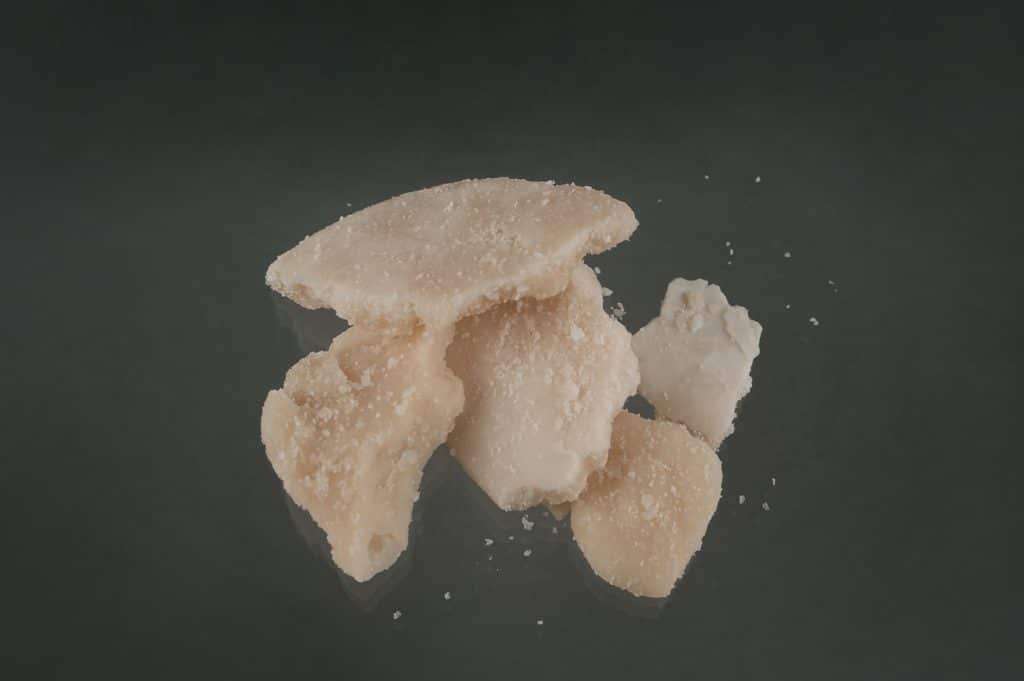Cocaine Addiction Treatment Program in Nashville, TN

Types of Cocaine
As of a study completed in 2021, there are currently 4.8 million people over the age of 12 who use cocaine in the United States. Of that, about 1.4 million people fall under the category of struggling with a cocaine use disorder. In 2021, there were 24,486 people who died from a cocaine overdose.
Though new versions of drugs are being created all the time, there are currently two main forms of cocaine that are abused. The first is hydrochloride salt and the second is freebase. People also use crack cocaine, which is made by mixing powdered cocaine with water and baking soda or ammonia until it forms crystals. The crystals are then broken up into small pieces called “rocks.”
Cocaine is a pretty commonly known drug, but it is also called coke, blow, nose candy, snow, or speed.
Effects of Cocaine
When used, cocaine causes an increase in the production and release of dopamine in the brain. As a stimulant, it causes users to experience a euphoric, energized high that they often seek out as abuse continues. But, like most drugs, continued use can lead to an increased tolerance which in turn causes a person to use more and more in order to achieve the effects felt during that first high. This domino effect makes quitting that much more difficult, especially if attempted alone and without professional help.
When used, cocaine can cause any of the following symptoms in a person:
- Faster Speaking
- Dilated Pupils
- Paranoia
- Increased Anxiety or Agitation
- Difficulty Sleeping
- Decreased Appetite/Weight
- Nosebleeds
- Runny Nose
In the short term, users may feel that sense of increased euphoria, alertness, paranoia, restlessness, or anxiety. If used long-term, you might experience serious consequences like memory loss, stroke, heart attack, or seizures. Cocaine abusers will also experience a variety of health problems, such as abdominal pain, bowel gangrene, and hallucinations.
Cocaine Withdrawal
One of the main reasons why it is so difficult to quit cocaine, especially when professional help is not involved, is because of the withdrawal. Users will begin to feel the effects of withdrawal 24 hours after cocaine was last used. In general, people will continue to abuse the drug, or use more, in order to get rid of these symptoms. And even though you may successfully make it past the first day of withdrawal without using, symptoms will persist for weeks or months, making the threat of relapse more and more likely as time moves on.
Some of the most common symptoms of withdrawal include:
- Depression
- Anxiety
- Fatigue
- Irritability
- Sleeping Problems
- Intense Cravings
Treating Cocaine Addiction
If you or a loved one are suffering from cocaine addiction, the best thing that you can do is reach out for professional help immediately. Here at Southeast Addiction Center in Nashville, Tennessee, we offer a wide variety of outpatient rehab programs that specifically address your drug addiction and possible co-occurring mental health disorders.
Our Outpatient Treatment Programs
The first step toward recovery is seeking help. When you give us a call, we will immediately work to schedule your first appointment where you will meet with our admissions team and talk with a therapist to determine what your immediate needs are and how we can best address them.
In some cases, you may decide that medical detox is the best first step. Our detoxification program allows you to rid your body of cocaine in the safest, easiest way possible. We also help treat any withdrawal symptoms you might be experiencing so that you never feel like you need to relapse. The specific type of detox and any medications involved will be determined by our medical professionals to ensure that you are taken care of in the most effective way possible.
Once you have completed detox, you have the option of several levels of care, including our:
- Partial Hospitalization Program (PHP)
- Intensive Outpatient Program (IOP)
Both of these offer different schedules, allowing our clients to choose based on what their lifestyle is able to support. We know and understand that most people are not going to be able to put their entire life on hold in order to receive treatment. Most of you have work, school, or families to take care of. We don’t feel like you should ever have to choose between your current responsibilities and getting sober.
Our treatment center does also offer aftercare services through outpatient treatment and access to sober living homes. Though we do not currently offer inpatient treatment, our sober living homes allow our clients to have their own space to live without feeling like they are confined to a hospital.
Treatment Options for Cocaine Addiction
Because cocaine addiction is often accompanied by varying forms of mental illness, all of our treatment plans include a combination of different methods, including both evidence-based strategies and holistic care. The goal is to address the entire person as a whole, promote total wellness, and provide mental health treatment that lends itself to long-term recovery.
Some of our drug rehab programs consist of individual therapy, group therapy, medication-assisted treatments, experiential therapies, dialectical behavior therapy, family therapy, dual diagnosis treatment, cognitive behavioral therapy, and more. Substance abuse is a tricky disease, so the most effective way to address it is to utilize as many different tactics as possible. As our clients move through addiction recovery, we continuously reassess their progress and make changes if certain therapies are not helpful.
Get Help Today
If you or a loved one are suffering from cocaine dependency or addiction, give us a call today so that we are able to address your needs as soon as possible. Our addiction treatment center in Nashville, Tennessee is here to meet your individual needs through an effective, safe, and affordable addiction rehab program. Our goal is to meet you where you are and to ensure that you develop the skills and habits needed to maintain long-term sobriety.
Call us now so that we are able to offer you the treatment services that you deserve. Addiction recovery is hard, but it is worth every single struggle to achieve a life of happiness and fulfillment. You deserve to have that, and we are ready to give it to you.
Sources:
- Centers for Disease Control and Prevention (CDC) – High-Risk Substance Use Among Youth
- National Institute on Drug Abuse (NIDA) – Cocaine DrugFacts
- National Library of Medicine – The Neurobiology of Cocaine Addiction
- National Library of Medicine: MedlinePlus – Cocaine Also called: Blow, C, Coca, Coke, Crack, Flake, Snow
Our Programs

About Us













